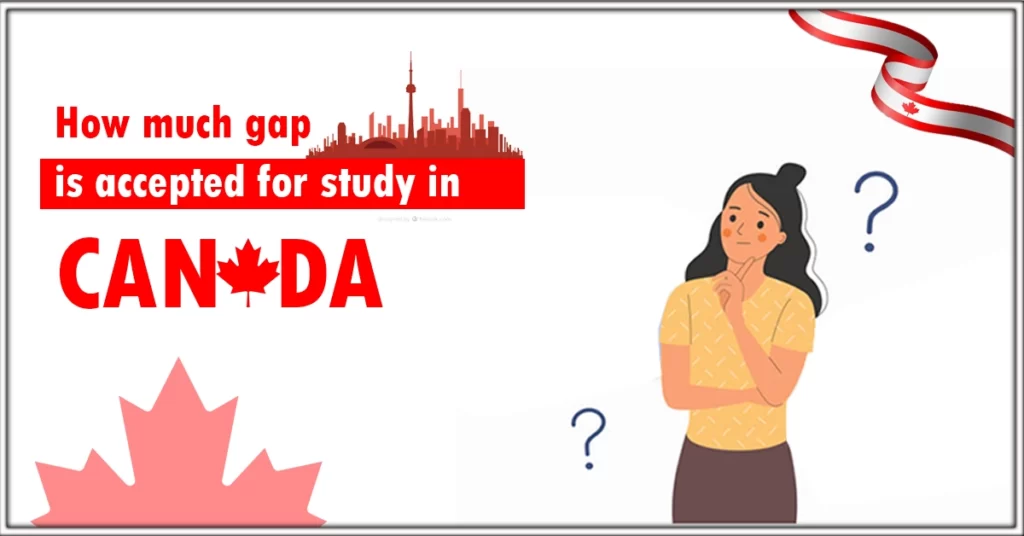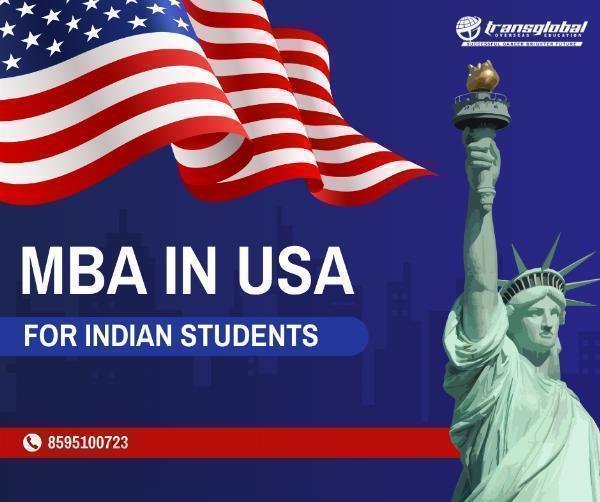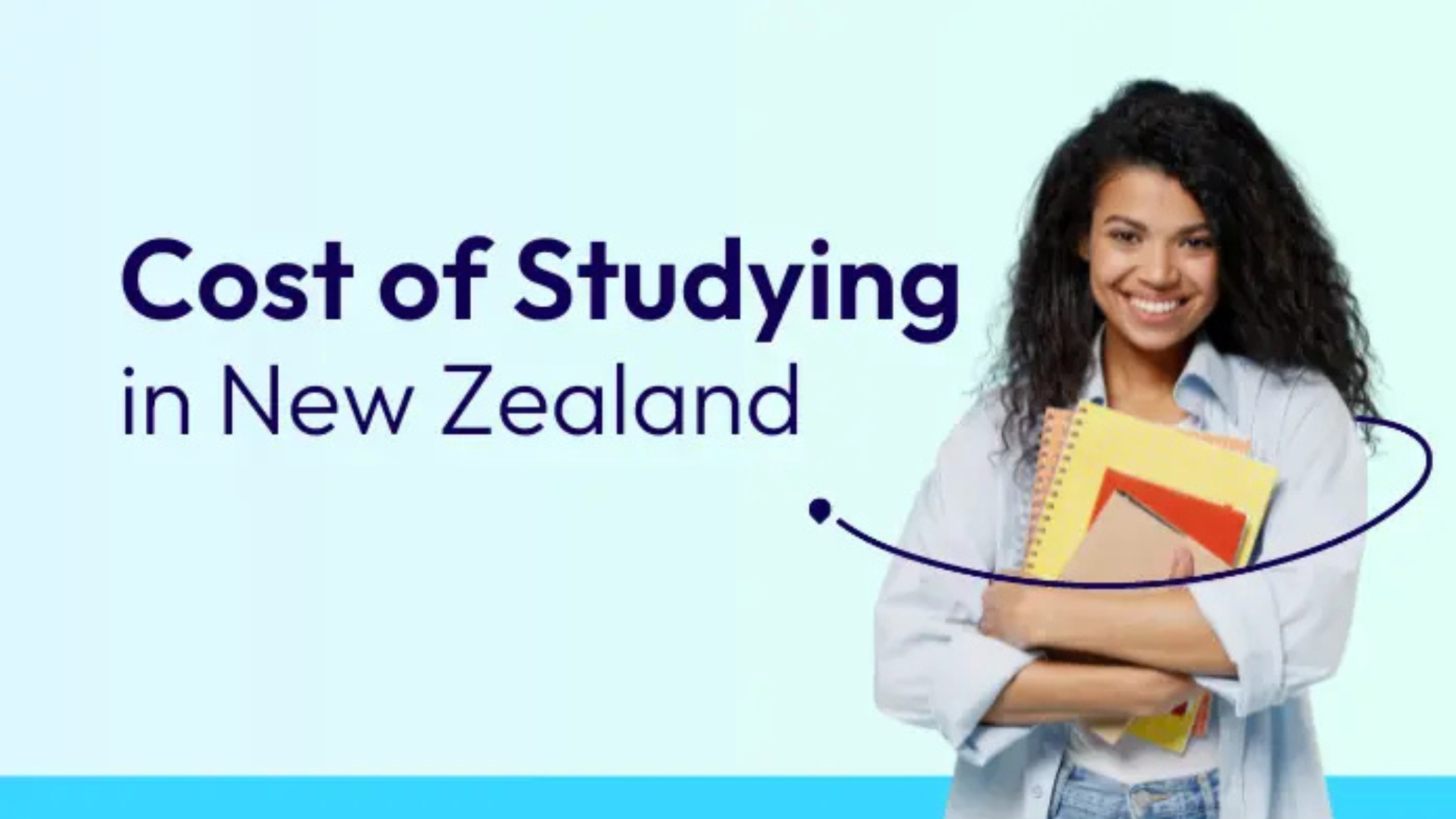How Much Gap is allowed to Study in Canada?

Strong 8k brings an ultra-HD IPTV experience to your living room and your pocket.
Canada, with its world-class education system and welcoming environment, attracts international students worldwide. But what if you have a gap in your education history? Fear not! Canadian institutions are generally flexible and have a study gap accepted for Canada, provided you can explain them clearly and demonstrate continued academic readiness. This article explores the acceptable gap lengths, application processes, strategies, and tips for a successful application to Canadian universities even with a study break.
How much of a gap is allowed for study in Canada?
The gap allowed for studying in Canada largely depends on the level of education and specific program requirements. Generally:
Undergraduate Programs: Most Canadian universities and colleges accept up to a 2-year gap after 12th grade. For gaps longer than two years, institutions may require a valid reason, such as employment, skill development, or personal circumstances.
Postgraduate Programs: For postgraduate studies, a gap of up to 5 years is often accepted, especially if you have relevant work experience or additional training. In fact, for programs like MBA, work experience is often valued and considered an asset.
Canadian institutions are usually flexible if the gap is well-documented and justified, such as through work experience letters, certificates for additional courses, or medical documents if applicable. A well-crafted Statement of Purpose (SOP) explaining the gap can also strengthen your application.
Reasons Accepted by Canadian Universities for a Study Gap
Canadian universities are generally understanding about academic gaps if they’re justified with credible reasons. Here are some commonly accepted reasons for a study gap:
Work Experience: Many students take time off to gain relevant professional experience. For postgraduate programs like an MBA, work experience is often encouraged and valued.
Skill Development: Enrolling in short courses, certifications, or language programs during the gap period can showcase personal growth and a commitment to skill development.
Health Reasons: Health issues, whether personal or within the family, are accepted reasons, provided medical documentation is submitted.
Financial Constraints: Financial limitations that require students to work and save for future studies are widely accepted by Canadian institutions.
Family Commitments: Situations requiring students to take care of family responsibilities are also considered valid if explained well.
Preparation for Standardized Tests: Some students use the gap to prepare for exams like IELTS, TOEFL, or other entrance exams required by Canadian institutions.
Travel or Cultural Exchange: Students who use a gap year to engage in cultural exchange or volunteer programs often receive favorable consideration, as these experiences can contribute to personal growth and global awareness.
Presenting a clear and well-documented reason for your gap in your Statement of Purpose (SOP) or supporting documents can significantly strengthen your application to Canadian universities.
The Application Process
The application process for Canadian universities typically involves these steps:
Research and Choose Programs: Explore universities and programs that align with your academic goals and interests. Consider factors like program rankings, location, and specializations offered.
Review Admission Requirements: Each program has specific requirements for academic transcripts, standardized tests (if applicable), and English language proficiency scores (e.g., IELTS, TOEFL).
Prepare Application Documents: Gather all necessary documents, including transcripts, letters of recommendation, a statement of purpose, and a resume (if applying for a postgraduate program).
Address the Study Gap: In your statement of purpose, clearly explain the reason for your gap. Frame it positively by highlighting relevant skills or experiences gained during the break. Did you gain work experience? Volunteer? Pursue professional certifications? Quantify achievements and their connection to your chosen program.
Apply & Pay Fees: Submit your application through the university portal or designated channels. Meet application deadlines and pay any required fees.
Apply for a Study Permit: Once accepted, obtain a study permit from Canadian immigration authorities. This involves submitting supporting documents and potentially attending an interview.
Documentation to Support an Academic Gap
When applying with an academic gap, it’s important to provide documentation that clearly justifies the gap. Here are types of documents that can support a gap explanation:
Experience Letters: If the gap was taken for work, provide a letter from your employer verifying your role, responsibilities, and duration of employment.
Certificates of Skill Development: Any certification or diploma earned during the gap period demonstrates constructive use of time.
Medical Certificates: For health-related gaps, provide medical records or a letter from a healthcare provider explaining the situation.
Financial Statements: If financial constraints were the reason for the gap, documentation such as proof of income or savings can support this.
Letter of Recommendation: Recommendations from employers, mentors, or previous teachers can validate your experiences and contributions during the gap period.
Conclusion
When it comes to studying in Canada, academic gaps are typically accepted if they’re well-justified and documented. Most universities and colleges allow gaps of up to 2 years for undergraduate studies and up to 5 years for postgraduate programs, especially if the time was spent gaining relevant work experience or developing skills. Canadian institutions appreciate diverse student backgrounds and are generally understanding of personal, health, or financial reasons for gaps.
To improve your chances, present a clear explanation of the gap in your Statement of Purpose, showing how it aligns with your academic goals. Consulting a study in Canada consultant can be especially helpful for navigating specific program requirements and documentation, ensuring that your gap doesn’t hinder your dream of studying in Canada. With the right preparation and guidance, you can turn your gap into an advantage, demonstrating resilience and commitment to your future goals.
FAQs
1. How much gap is allowed between 12th and undergraduate studies in Canada?
Generally, a gap of up to 2 years between your 12th grade and undergraduate studies in Canada is acceptable. However, it's important to provide a reasonable explanation for the gap, such as work experience, volunteering, or health reasons.
2. Can I take a gap year after my undergraduate degree before applying for a postgraduate program in Canada?
Yes, you can take a gap year after your undergraduate degree. In fact, many students use this time to gain work experience, volunteer, or travel. However, it's advisable to keep the gap to a reasonable duration, typically within 2-3 years.
3. How do I justify a long study gap in my visa application?
If you have a significant study gap, it's crucial to provide a clear and convincing explanation. This could include documented reasons like health issues, family emergencies, or career breaks. Supporting documents like medical certificates, employment letters, or volunteer certificates can strengthen your application.
4. Will a long study gap negatively impact my chances of getting a Canadian student visa?
A long study gap can potentially impact your visa application. However, if you can provide valid reasons and supporting documentation, it may not significantly affect your chances. It's important to be transparent and honest about your reasons for the gap.
5. Are there any specific guidelines for study gaps for international students in Canada?
While there aren't strict guidelines, it's advisable to keep your study gaps to a minimum. If you have a longer gap, be prepared to provide detailed explanations and supporting documents. Consulting with an immigration advisor can provide personalized guidance and help you navigate the process effectively.
Note: IndiBlogHub features both user-submitted and editorial content. We do not verify third-party contributions. Read our Disclaimer and Privacy Policyfor details.







